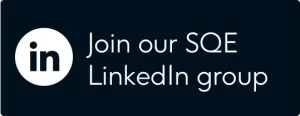Our courses and expert tutors can help ease the stress of preparing for the SQE exam by providing you with everything you need to succeed.
- Comprehensive study materials, tailored to your individual learning style, professional background, and schedule, supported by tutor assistance
- Online content that’s designed to be easily accessible and available whenever you need it
- No need to wait for a set enrolment date – you can start preparing for the SQE today








